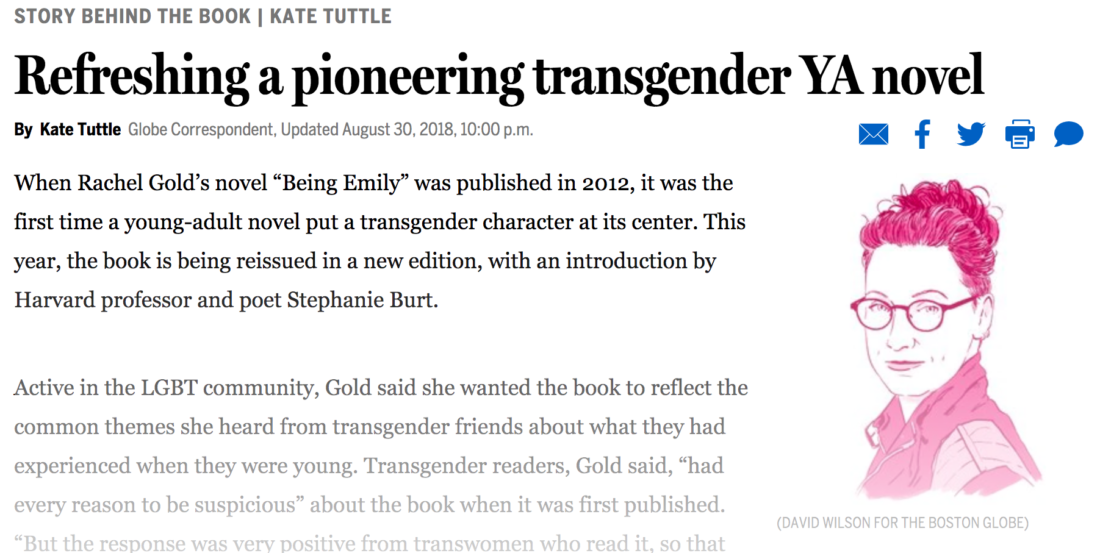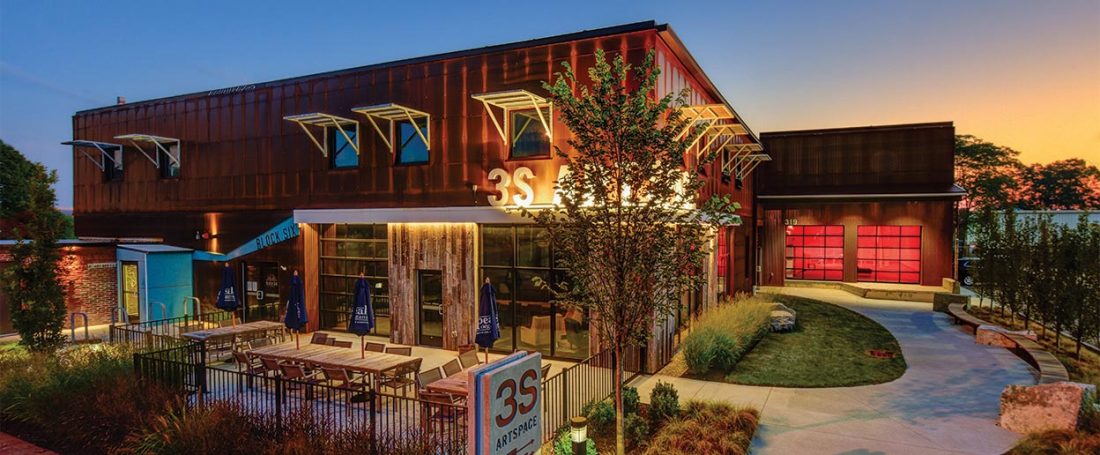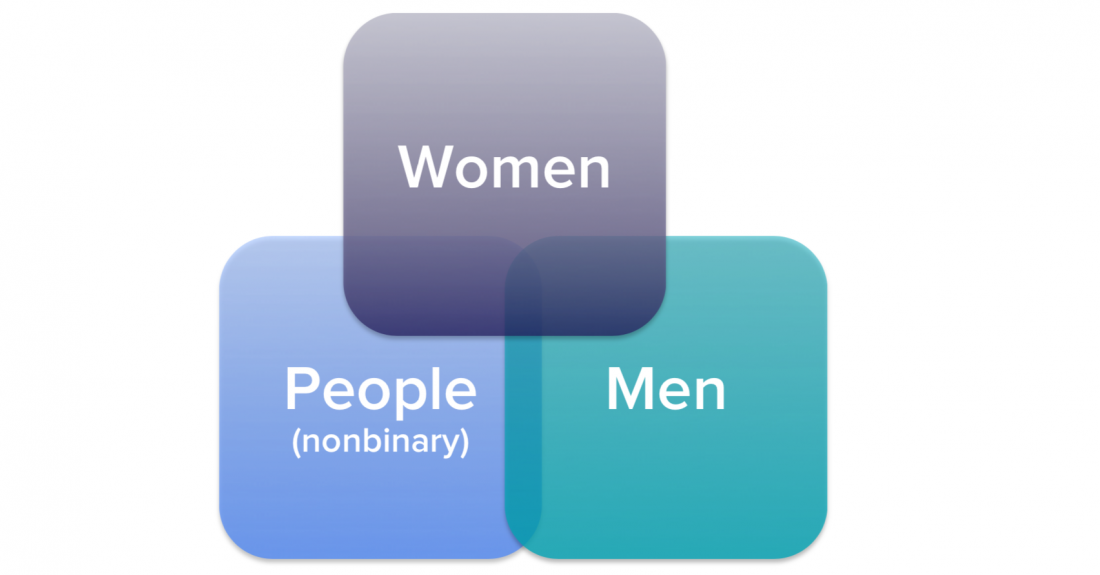The Boston Globe & Harvard Book Store
The week before I read at Harvard Book Store, the Boston Globe ran a great profile focused on the new edition of Being Emily, which you can find on their site. Here’s my favorite quote:
Echoing [Stephanie] Burt’s introduction, Gold added, she intends the new edition to be a book “where trans girls really see themselves, see themselves being loved, see themselves in a positive light, overcoming problems. I think there’s still not enough of that in the world in terms of trans identity…”








